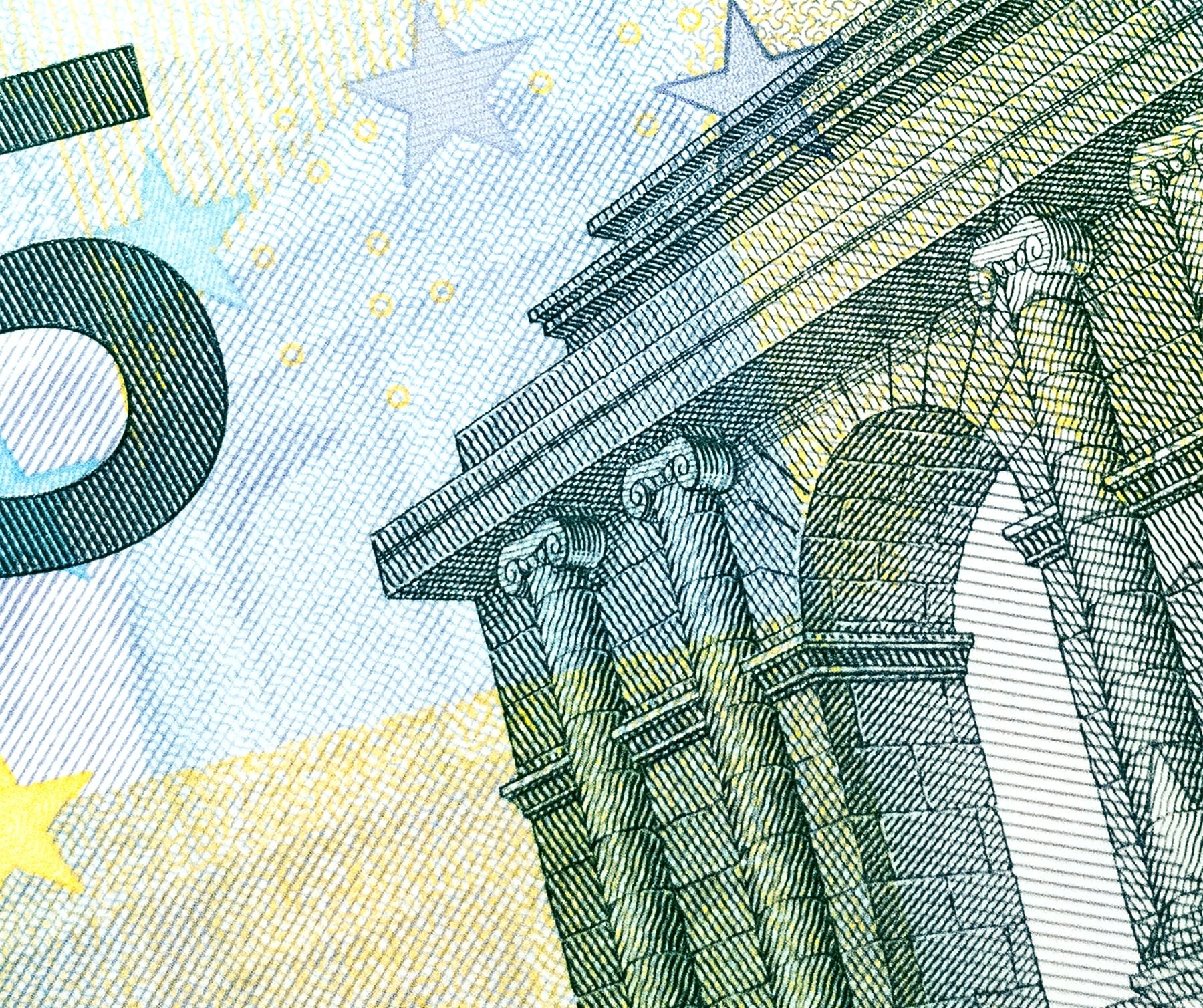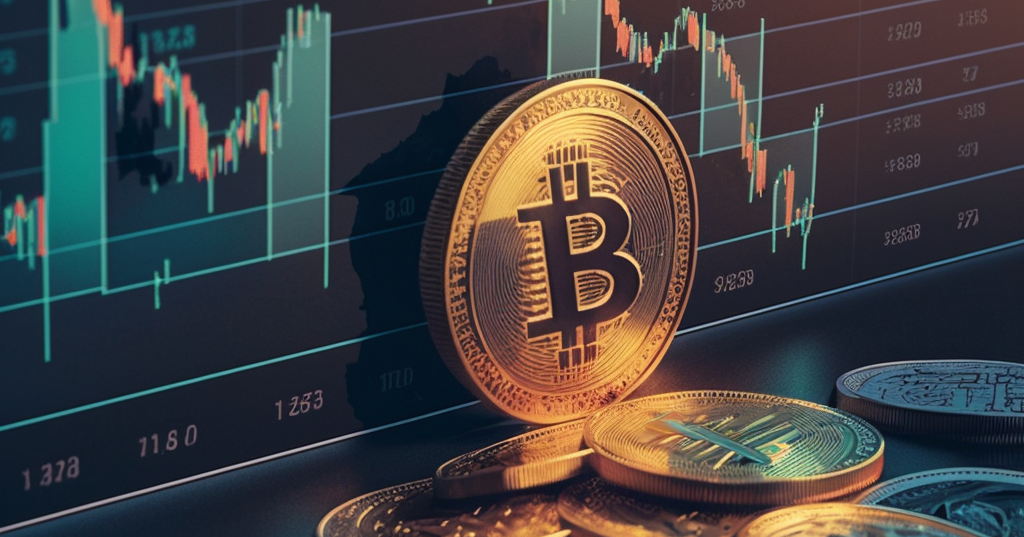Take a look at the different perspectives of countries on digital currencies
Looking back on 2019, the proposal of "Libra" has made countries around the world begin to attach more importance to digital currencies than ever before. From first-rate powers to developing countries, there is no shortage of opportunities to put digital currency or even central bank digital currency research on the agenda. Although it is also a digital currency, the strategic vision of digital currencies in different countries is different.
Some countries are based on strategic considerations for long-term development, while others are based on current actual needs. In any case, the digitalization of currency has become the mega trend of the times, and all countries and individuals need to have a comprehensive understanding and deep thinking about it. Here, the purpose of this article is to explore the "small abacus" of digital currencies issued by these countries through the official information of each country.

China
- Blockchain technology fusion, traceability of the entire process is not a false proposition
- How much does Bitcoin rise in half? How will computing power and prices change? Take a look at the best reference indicators!
- Why does the world need anonymous cryptocurrencies?
The reason why China wants to issue the central bank digital currency (DCEP) is to first understand the positioning and characteristics of the central bank's digital currency.
According to the official preliminary information, the initial purpose of issuing DCEP is to replace M0. Generally speaking, M0 refers to the cash in circulation, that is, the sum of the cash on hand of all units outside the banking system and the cash held by residents.
Digitization of banknotes generally refers to online instead of offline, but both online and offline, you need account support, such as Alipay and WeChat payment need to be tied to a bank card to pay. DCEP does not have this restriction, which means that when using DCEP for payment, you do not need to bind any bank account. At the same time, DCEP adopts dual offline payment methods, which can realize point-to-point payment without connecting to the network.
The traditional M0 (paper money and coins) has the risks of being used for money laundering and financing terrorist activities. At the same time, cash is also easy to be forged anonymously, which causes a series of social problems. After adopting DCEP, on the one hand, it can reduce the cost of issuing banknotes and coins; on the other hand, it can help the regulatory authorities to use big data to prevent and control many MO risks while ensuring user privacy.
In addition to realizing the basic functions of digital currencies, DCEP is also conducive to reshaping the trade clearing system and promoting the internationalization of the RMB.
Get rid of dependence on the dollar
Countries such as the Marshall Islands hope to be able to rely on the issuance of digital currencies to reduce their reliance on the U.S. dollar and thereby have more economic sovereignty.
The Marshall Islands is a veritable "small country". Data show that the Marshall Islands currently has a land area of only 181.3 square kilometers, with a population of only 54,300 in 2017. Previously, the Marshall Islands had used the US dollar as its official currency and was highly dependent on US grants. In February 2018, the Marshall Islands Parliament passed legislation to officially announce that a new national digital currency, "Sovereign (SOV)", will be circulated in the country together with the US dollar.
Marshall Islands President Hilda Heine has previously stated publicly, "This is a historic moment, and our own currency will be used with the U.S. dollar, giving us another step towards national freedom."
Obviously, as an independent country, the Marshall Islands does not want to rely too much on the US dollar, and the issue of SOV is ultimately to achieve economic independence and autonomy.
Avoiding economic sanctions
Some countries, including Venezuela and Russia, have been imposed economic sanctions by the United States for various reasons. Therefore, this type of countries hopes to resist the economic sanctions of the United States and maintain the stability of their domestic economies by issuing digital currencies.
Among them, Venezuela's situation is the most representative. Venezuela has been deeply involved in the economic crisis, the traditional monetary system is facing collapse, inflation is severe, traditional financial regulation and control methods have been lost, and they have been unable to obtain assistance from the outside world. At the same time, they have been subject to US economic sanctions.
In order to break this situation, "Venezuela" pinned their hopes on borderless value reserve tools such as digital currencies as the last "life-saving straw".
But from the existing cases, the effect is not very good. Taking Venezuelan petroleum coins as an example, Amberes is the only exchange in Venezuela that has launched a "PTR / BTC" trading pair (PTR is petroleum currency and BTC is bitcoin). By April 2019, in more than a year, the trading volume of petroleum coins can also reach more than 300, which is worthless compared with its total circulation of 100 million.
Ending US dollar hegemony
Although the interest in developing digital currencies is rising, the United States seems unmoved. Some analysts said that as global central banks are getting closer to issuing their own digital currencies, they will inevitably threaten the hegemonic status of the US dollar.
According to a survey report released by the Bank for International Settlements in September last year, the global foreign exchange market involves USD 5.82 trillion in transactions per day, accounting for 88.3% of all transactions; the United States has complete control over the Global Interbank Financial Communications Association (SWIFT) These transactions are examined for violations of US trade laws. Being able to control nearly 90% of global foreign exchange transfers is the basis for the United States to implement its trade sanctions policies without the assistance of any country.
This has also made the United States jealous of the emerging digital currency industry. A number of digital currency projects, including Facebook's Libra, suffered many obstacles in the early stages of development. Perhaps also from the perspective of prevention in advance, there has also been a voice within the conservative Fed discussing whether to issue a "digital dollar" to maintain the advantage of the dollar.
In any case, in the development of digital currency, the hegemonic position of the US dollar will be impacted, and driven by the express train of the blockchain, the Fed will also face more and more complex challenges.
Looking back, in the process of global currency digitization, China's DCEP also has the opportunity to become a new option for the international trade medium. At present, China has more than 80% of the world's blockchain patents and already has various mature scenarios for mobile payments. The release of DCEP is likely to be a matter of combining and synchronizing personal accounts. In the digital currency arena, the RMB-based settlement system is likely to achieve overtaking in this way.
This mighty digital currency competition has begun, and the international monetary system may usher in a new round of shuffling!
We will continue to update Blocking; if you have any questions or suggestions, please contact us!
Was this article helpful?
93 out of 132 found this helpful
Related articles
- Learning | Blockchain Governance Design Framework: Prysm Wheel
- India releases draft national blockchain strategy, recommends RBI to issue digital rupee
- An overview of the development of 18 government-led blockchain industry parks in China
- Assistance to Hubei: Summary of donations from new financial companies on January 28
- IBM issues patents related to tokens to record offline transactions
- Green BTC Theory: The Link Between BTC, Power Consumption, and Green Energy
- BitMEX study says Bitcoin remains "fantasy" as unit of account






